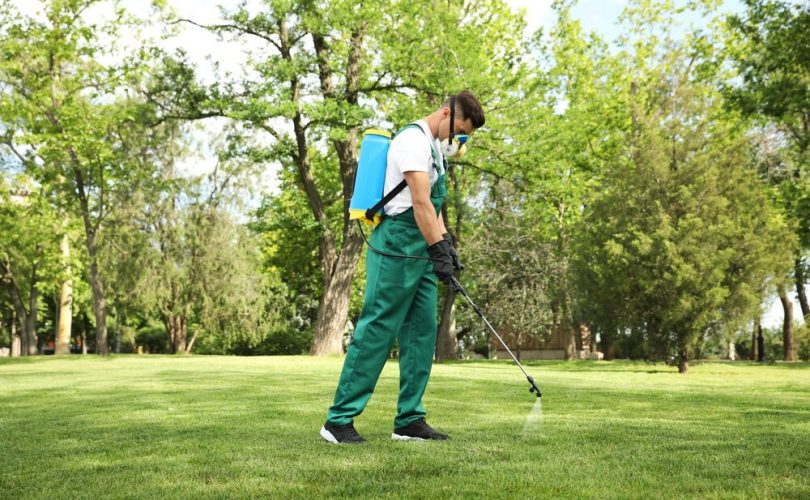Pest control is a necessary aspect of maintaining a healthy and safe environment, but traditional methods of pest management may not always be the most effective or sustainable solution. As our world continues to change and evolve, it is important to rethink our approach to pest control and explore alternative solutions that are both environmentally friendly and humane.
One of the biggest challenges facing traditional pest control methods is the use of chemical pesticides. While these chemicals may be effective at killing pests in the short term, they can have long-term negative effects on the environment and human health. Pesticides can contaminate soil and water sources, harm beneficial insects and wildlife, and even pose risks to humans through exposure or consumption of contaminated food.
In recent years, there has been a growing interest in alternative derby pest control methods that focus on prevention rather than eradication. Integrated Pest Management (IPM) is one such approach that combines multiple strategies to reduce pest populations while minimizing reliance on chemical pesticides. This holistic approach includes techniques such as crop rotation, habitat modification, biological controls (such as introducing natural predators), and using pheromones or traps to monitor and manage pests.
Another alternative solution gaining popularity is the use of natural or organic products for pest control. These products are derived from plant extracts, essential oils, or other naturally occurring substances that are less harmful to the environment than synthetic chemicals. For example, neem oil is a common organic insecticide that disrupts pests’ growth cycles without harming beneficial insects or pollinators.
Biological controls are another innovative approach to pest management that involves using living organisms like bacteria, fungi, nematodes, or predatory insects to regulate pest populations. For example, releasing ladybugs into a garden can help control aphid infestations by preying on them. This method mimics natural ecosystems where predators keep prey populations in check without disrupting the balance of nature.
Advancements in technology have also led to new tools for monitoring and managing pests more effectively. Remote sensing devices can detect early signs of infestations before they become widespread, allowing for targeted interventions that minimize damage while reducing overall pesticide use. Additionally, genetic engineering techniques like gene editing offer potential solutions for creating genetically modified crops resistant to specific pests without relying on chemical treatments.
As we continue to face challenges such as climate change, loss of biodiversity, and increasing resistance among pests towards conventional pesticides; it is clear that rethinking our approach to pest control is essential for building a more sustainable future. By exploring alternative solutions like IPM practices , organic products , biological controls ,and technological innovations ;we can create healthier environments for ourselves while protecting ecosystems from unnecessary harm caused by traditional methods . It’s time we embrace these new approaches with open minds towards creating a better world for all living beings coexisting with us .
Alternative Pest Management
649 N Oak Ct, Derby, KS, 67037
(316) 788-6225







